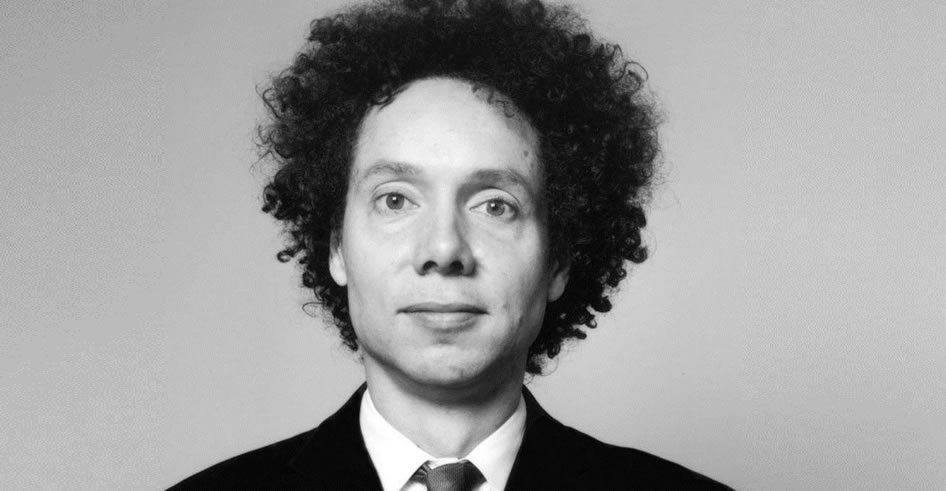On Sunday Malcolm Gladwell, author of Outliers was on Fareed Zakaria talking about the growing inequality of wealth in the United States. The U.S. is about to have the same inequality as Venezuela. He referred to the researched premise of the dean of the business school at the University of Toronto, Roger Martin, that the shift in power from capital to talent is a major reason. In the 1950’s CEO’s did not receive millions of dollars and baseball players had to have winter jobs. Capital ruled. Then talent began to assert itself and ask for compensation for their talent. Now talent rules and is taking more and more of the capital.
So what is the relationship between talent and leadership? It is generally accepted that the best leaders are the ones who are in touch with the aspirations of their followers. If so what kind of talent does that take? It often takes technical talent to rise in an organization but then at senior levels it takes talent in communication and awareness of self and others to bring others along. When boards are looking at compensation for executives, they look at results and profits, decision making ability and lastly but intrinsically the ability to move the organization toward stated goals. Since this latter part underpins the other more concrete measures it needs to be seen as the primary talent of a leader.
What is fair compensation for a talented leader? The renowned leadership thinker Eliot Jacques believes fair is the right word – as we all have an inherent sense of rightness or fairness when it comes to compensation. The economists are beginning to say that we have reached a place that is deemed no longer fair. Will capital reassert itself again? Can we even come to fairly compensate leaders for their leadership ability?

